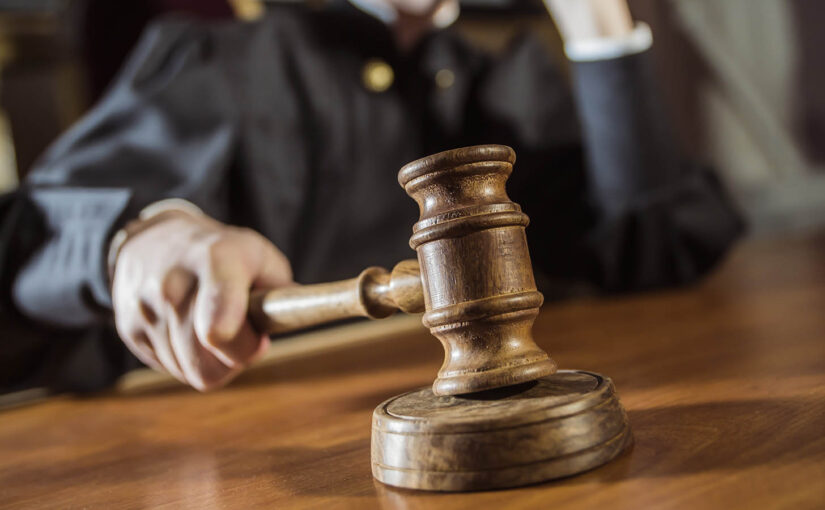Search this article on Google: Examine the effect of quashing criminal proceedings on victims and witnesses.
Psychological Impact of Quashing Criminal Proceedings on Victims
- Victims of crime who see criminal proceedings against their perpetrator quashed can experience a range of negative psychological effects.
- The anticipation of justice being served can be a crucial part of a victim’s recovery, and having this process halted abruptly may lead to a sense of injustice and increased stress.
- There can be feelings of powerlessness and diminished trust in the legal system that can exacerbate the trauma initially caused by the criminal act itself.
- The decision to quash proceedings can re-trigger emotional responses similar to those experienced at the time of the crime, such as fear, anxiety, and anger.
- Victims may suffer from a heightened sense of vulnerability, believing that their safety is no longer a priority within the system.
- This psychological turmoil can interrupt healing processes and generate setbacks in therapy or counseling that the victim may be undergoing.
- It’s not uncommon for such events to increase the risk of developing mental health issues, like post-traumatic stress disorder (PTSD), depression, and anxiety disorders.
- Social withdrawal and isolation are potential ramifications as victims may feel misunderstood by those around them and the larger community.
- The quashing of proceedings can undermine the closure that a completed trial could provide, leaving victims to grapple with unresolved issues related to the crime.
Legal and Social Implications for Witnesses
- Witnesses, upon seeing criminal proceedings quashed, may grapple with a sense of futility regarding their involvement in the legal process.
- They can experience distress from reliving the traumatic event during testimony, only to witness the case’s abrupt dismissal.
- There are implications for the perception of personal safety – witnesses may fear retaliation from the defendant if they believe justice has not been served.
- Witnesses who have invested emotional energy to overcome fear or apprehension to testify can feel their efforts are wasted, leading to feelings of frustration and disappointment.
- Their faith in the judicial system may be shaken, potentially affecting their willingness to participate as witnesses in future cases.
- Social implications include the potential stigma or alienation from community members who may have differing views on the quashed proceedings.
- The act of quashing proceedings can, in certain communities, contribute to a culture of silence, where individuals are less likely to come forward as witnesses due to a lack of confidence in outcomes.
- Professional witnesses, such as law enforcement or expert witnesses, may feel disheartened, which can impact their performance and dedication in current and future cases.
- When witnesses are members of vulnerable communities, the quashing of proceedings can reinforce feelings of marginalization and distrust toward the systems meant to protect them.
- Witnesses might also worry about the implications for public safety if they believe that quashing the proceedings allows potentially dangerous individuals to evade accountability.
- The long-term societal implication is the possible erosion of the collective respect for the legal system and rule of law, influenced by perceptions of arbitrary or capricious dismissal of cases.
- The legal implications for witnesses also revolve around concerns of whether their testimonies and the associated risks were handled with the utmost care and consideration for due process.
The Balance Between Defendants’ Rights and Victims’ Justice
Striking an appropriate balance between upholding defendants’ rights and delivering justice for victims is a complex aspect of the legal system. Fair trials are fundamental to justice, ensuring that the accused have an opportunity to refute charges and introduce evidence in their defense. The presumption of innocence until proven guilty must be maintained to prevent miscarriage of justice.
- The right to a fair trial is enshrined in law, ensuring that defendants are not wrongfully convicted based on flawed evidence or procedures. This tenet is crucial for the integrity of the legal system and public confidence in judicial outcomes.
- However, when proceedings are quashed, often due to procedural errors or legal technicalities, it can create tension with the victims’ expectations for justice. Victims may feel that their rights are secondary to those of the accused.
- Transparency within the legal process is essential so that all parties—including victims—understand why certain decisions, like quashing a case, are made.
- Protections for defendants may sometimes lead to rescheduling or dropping charges, but this must be weighed against the right of victims to see the perpetrator held accountable.
- Victims’ rights advocates argue for more consideration of victim impact within the legal process, including the right to be heard and to receive timely information about proceedings.
- Some legal systems have adopted measures such as victim impact statements and restitution to provide a sense of justice to those affected by crime, even when traditional criminal justice outcomes are not realized.
- Restorative justice programs have emerged as an alternative path to reconcile the rights of defendants with the need for victims to heal and achieve closure.
- Ensuring that both defendants’ and victims’ rights are protected requires vigilant oversight by the justice system and constant re-evaluation of laws and practices.
Ultimately, this balance aims to prevent re-victimization while upholding the fundamental rights of all involved. Effective communication between all parties and the provision of resources to support victims throughout the legal process are critical steps toward achieving this goal. Justice systems continue to evolve, looking for the best ways to serve both the needs of victims and the rights of the accused.
